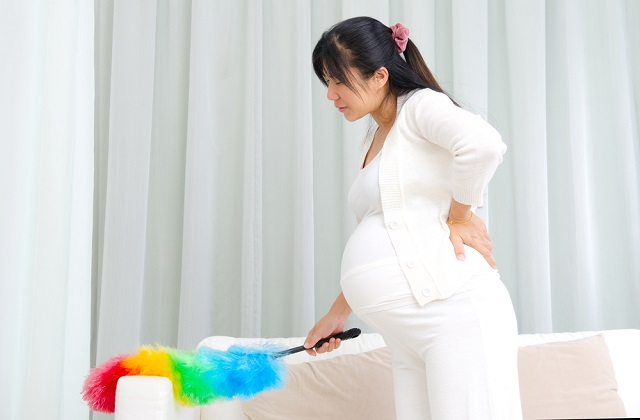Nosebleed during pregnancy
Last Update: March 28, 2017
1. Causes of nosebleeding during pregnancy
2. What to do with nosebleeding?
3. How to prevent nosebleeding during pregnancy?
5. Common questions about nosebleed during pregnancy
Cause of Nosebleeding During Pregnancy
During pregnancy, it is more likely for expectant mothers to suffer from nosebleed. This is because during pregnancy, there is an increase in the hormone estrogen in the body. This hormone causes blood vessel dilatation which can result in nosebleeding in the expectant mothers more easily.
Also, there is an increase in the blood volume during pregnancy in the body of the expectant mother, this increase in blood volume also puts pressure on the blood vessels and causes them to rupture more easily and therefore nosebleed.
Lastly, the mucus membrane inside the nose may swell and dry out easily during pregnancy. This makes it easy for the blood vessel to burst out and causes nosebleed.
What to do when nosebleeding occurs to me?
Once it occurs, expectant mothers should sit and raise heads slightly. Using your thumb and the first finger to put pressure on the lower part of the nose. Nosebleed usually lasts for more than 5 minutes, hence you should not let go your hands for 5 for 10 minutes. You should time it using a clock or a watch as most of us will become curious to see whether it has stopped after 2 to 3 minutes.
You can also apply cold or iced towel to your forehead which can help to promote local vasoconstriction which can help to reduce bleeding and accelerate healing.
If the bleeding does not stop after 15 minutes, you should check with doctor. If it occurs to you very often, you should also seek doctor's help.
How to prevent nosebleeding during pregnancy?
- Nosebleed is usually triggered by dryness. You should therefore drink more fluid to keep your nose and whole body well hydrated.
- Put a humidifier in your room if you use air-conditioner very often.
- Do not pick your nose, especially after nosebleed.
- You may apply some ointment or lubricant which can be found in the local pharmacies to reduce dryness in nostrils.
- Having enough vitamin C during pregnancy can also reduce chance of nosebleed as vitamin C makes capillaries stronger. You can ask gynecologists for vitamin supplement or eat fruit and vegetables that are rich in vitamin C such as kiwi and tomato
When to call doctor for nosebleed?
Under most circumstances, nosebleed poses no threat to expecting mothers and developing fetus. In the following situation, you should consult doctor immediately if nosebleed occurs:- Pregnant women have high blood pressure.
- The nosebleed continues after you complete the steps suggested above.
- Nosebleed occurs after head injury.
- Nosebleed becomes frequent during pregnancy.
Common questions about nosebleed
Question 1: Can nosebleed occur when I am asleep?
Answer: Yes. It can happen you are sleeping. You may feel liquid in your throat before blood comes out of nose when nosebleed occurs when you are sleeping.
Question 2: Can I use ice pack to stop nosebleed?
Answer: Yes, you can use ice pack to help to stop nosebleed.
It takes a village to raise a child !
Join our Facebook Group For 2025 SG Mummies or Facebook Group For 2026 SG Mummies
2024 SG Mummies Whatsapp Group by EDD Month or 2025 SG Mummies Whatsapp Group By EDD Month









